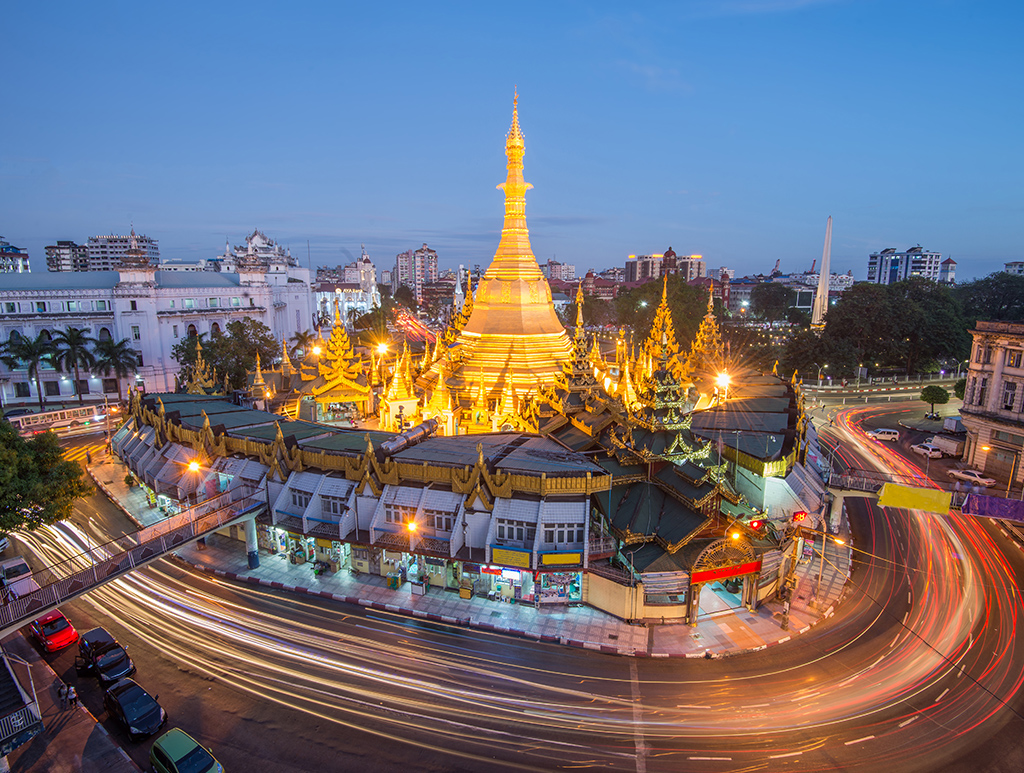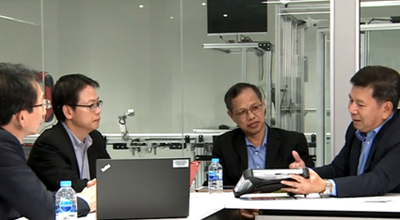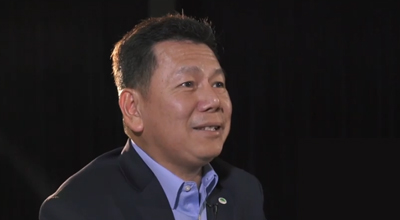Fuelling sustainable social solutions through technology
Through its Social Innovation Business, Hitachi Asia is applying technological solutions to help address ASEAN’s social and environmental issues.
A regional inter-governmental grouping with 10 member states, the Association of Southeast Asian Nations (ASEAN) aims to promote regional stability and economic growth among members.
The grouping is a vast economic powerhouse. According to ASEAN statistics, in 2018, it had a total population of 649 million people, gross domestic product of US$2,986 billion (S$4,146 billion) and total international merchandise trade valued at US$2,800 billion.
READ: Partnering for the greater good
A vast and diverse region, ASEAN faces challenges – healthcare, environmental and social issues to name a few – on multiple fronts. Member nations are also at different stages of development.
Singapore for instance, is highly urbanised and has long depended on international free trade to drive economic growth. Myanmar is in the early stages of urbanisation, having just opened its markets in 2011.
Gross domestic product per capita also varies greatly among member states, which means each country’s challenges, and the solutions required to meet them, differ greatly.

The Sule Pagoda in Myanmar, which has only recently opened up its economy. Hitachi is supplying distribution transformers to help the country meet its rapidly growing energy needs. Photo: iStock
LEVERAGING KNOWLEDGE AND KNOW-HOW
Meeting the world’s social and environmental needs is only possible when businesses commit to innovating for the greater good. When companies pool their resources on a global scale for social innovation, they can be more effective in improving the quality of life around the world, create a more environmentally-conscious society, and power good for generations to come.
Hitachi is working with companies in industries like finance, manufacturing, mobility, urban development, agriculture and healthcare to help build a sustainable society and improve the quality of life.
To realise this goal, the company is leveraging over a century’s worth of knowledge and know-how: More than 60 years’ experience in information technology (IT) and over 100 years in operational technology (OT).
Under the message of "Hitachi Social Innovation is Powering Good", Hitachi fosters innovation to build a sustainable society, focusing its efforts on delivering greater value to customers in a variety of ways:
- Social Value: Healthy lives, and a safe secure environment
- Environmental Value: Environmentally conscious manufacturing; reducing the environmental burden through the value chain
- Economic Value: Redistribution of EVA (economic value added) to stakeholders
CLEANER AIR THROUGH REDUCED EMISSIONS
In highly urbanised Singapore, Hitachi Asia is helping to make buildings more energy-efficient. This has become an increasingly important issue as governments around the world prioritise the need for cleaner air through a reduction in emissions and energy use.
Singapore’s energy consumption is on the rise. According to the country’s Energy Market Authority, Singapore’s total electricity consumption rose from 49.6 terawatt-hours (TWh) in 2017 to 50.4 TWh in 2018, a 1.6-per-cent increase.
In tropical Singapore, developing energy-efficient buildings has been a perennial challenge for building owners and managers.
To address this issue, the Building and Construction Authority (BCA) engaged Hitachi Asia to collect data and develop the Super Low Energy Building (SLEB) Smart Hub, a one-stop digital hub with a Smart Advisor on energy efficiency for buildings across Singapore.
Utilising cutting-edge big data analytics and artificial intelligence techniques, it allows building owners and designers to evaluate and source green technologies to transform buildings to attain high energy performance. As Singapore’s first digital knowledge centre for green buildings, the SLEB Smart Hub was set up partially to help meet the BCA’s 2nd Green Building Masterplan target of having at least 80 per cent of the buildings in Singapore being BCA Green Mark Certified by 2030.
A QUICK, GREEN OVERVIEW
The Building and Construction Authority (BCA) and Hitachi Asia have developed the SLEB Smart Hub, a one-stop portal offering building owners energy-efficient solutions that could help reduce the energy needs of these structures.
Hitachi’s work with BCA is just one example of how the company is leveraging its capabilities and experience to power good in the region.
Said Mr Kosuke Horiuchi, managing director of Hitachi Asia: “In the past 100 years since our foundation, Hitachi has built up a wealth of knowledge and this has helped us to serve the needs of our customers from all over the world.
Date of Release: February 2020
This story is done in collaboration with Mediacorp Brand Studio and first published on CNA.ASIA



